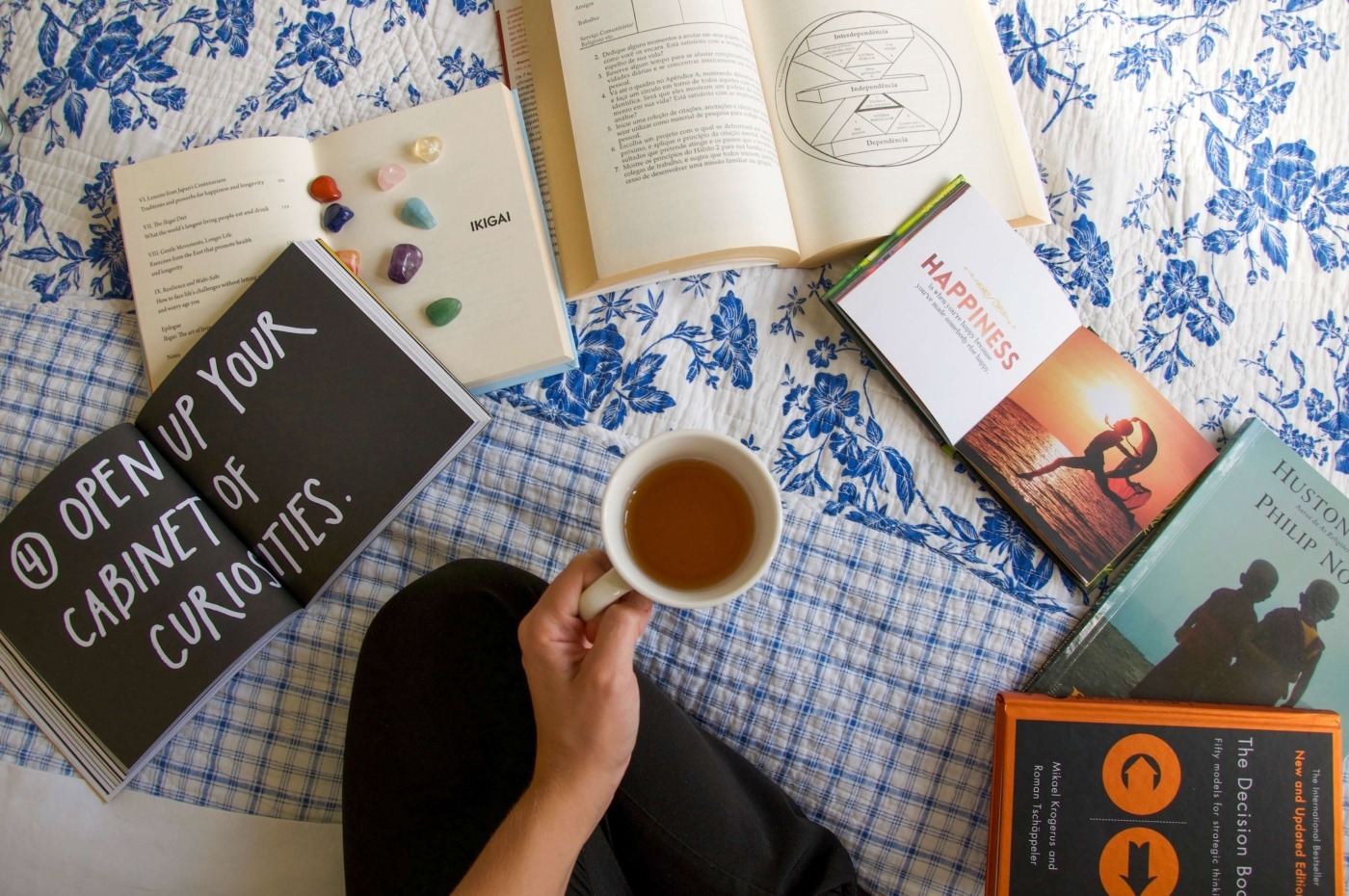Is a ‘New Year, New Me’ mentality really beneficial for 2021?
At the start of every new year, we speak of self-growth and evolution, and 2020 was undoubtedly a time of change and adaptation. There is something to be said for how we evolved our mindsets in 2020.
At the beginning of 2020, I had it all figured out. I was going to ace my second year, have a big blowout party at the end of term three to bid adieu to my friends I wouldn’t see before their graduations, before embarking on the trip of a lifetime as I moved to the United States for my year abroad. Then, COVID-19 hit.
With my year abroad dreams of adventure a distant memory now, I find myself in the middle of a very stressful, uncertain third year. I have no idea what the world will look like when it is time to wave goodbye to Warwick’s comforting familiarity and embrace a new, scary future.
We must recognise that it is not essential to demand constant change
Twelve months ago, I was certainly not prepared to cope with the incessant stream of restrictions, tiers and lockdowns that my 2021 self is now an old hand at. These constraints have prepared us for the uncertainty of 2021 that was unimaginable a mere twelve months ago.
The start of a new year has always been a point of self-reinvention – the endless supply of planners, gym subscriptions and ‘new year new me’ graphics plastered over social media promoting self-growth, change and realising our ‘dream selves’. Yet, this is no ordinary year. In the current climate, is it healthy for us to expect a massive change between December 31 and January 1?
Amid another national lockdown, perhaps these extraordinary times call on us to instead reflect upon the past year and the strength we acquired. We must recognise that it is not essential to demand constant change in our lives. These healthy habits that have been beneficial for our mental wellbeing in 2020 should be maintained in 2021.
Time for self-reflection should not be ignored
2020’s restrictions compelled many to appreciate the smaller aspects of life we may previously have taken for granted. I have found the small joys an essential part of coping with how scary the future can sometimes be. Appreciating a beautiful sunrise or the pleasure of reading a good book motivated me to get out of bed on the hardest of days.
Rather than enforcing a return to constant productivity, maybe it is time to recognise that our productive output does not define our worth. We must remember that our mental and physical wellbeing is equally, if not more important, in these challenging times.
Lockdown is an excellent opportunity to become more in touch with yourself and gain a greater understanding of your identity. Stories of individuals coming to terms with their sexuality and gender identity have demonstrated the toxic impact our society can have on our self-perception. Allowing this time for self-reflection should not be ignored at the expense of dedicating oneself to their work. Taking moments to reflect, be mindful, and slow life’s pace is a lesson we can take with us into 2021. Engaging in self-reflection and understanding who we are and what makes us thrive is especially important during these troubling times.
Endless productivity is an unhealthy way to exist
A new year’s standard message is that we should shed our bad traits from the last twelve months and embrace a new, more productive self. This is inherently rooted in a society that values our work and rejects time ‘wasted’ on personal wellbeing and self-reflection.
Of course, there are benefits to establishing some new habits with the turn of the new year. I have been attempting the Couch to 5k programme and began a five-year memory book. However, these are developments of coping mechanisms I have established during the sustained uncertainty that characterised 2020.
Endless productivity is an unhealthy way to exist in a time where we must prioritise our wellbeing. Establishing a firmer sense of self and knowing what methods we require to support our mental wellbeing, is far more important than forcing yourself to work to the bone. By understanding this, we can survive what is sure to be an even more tumultuous, uncertain time than ever before.

Comments